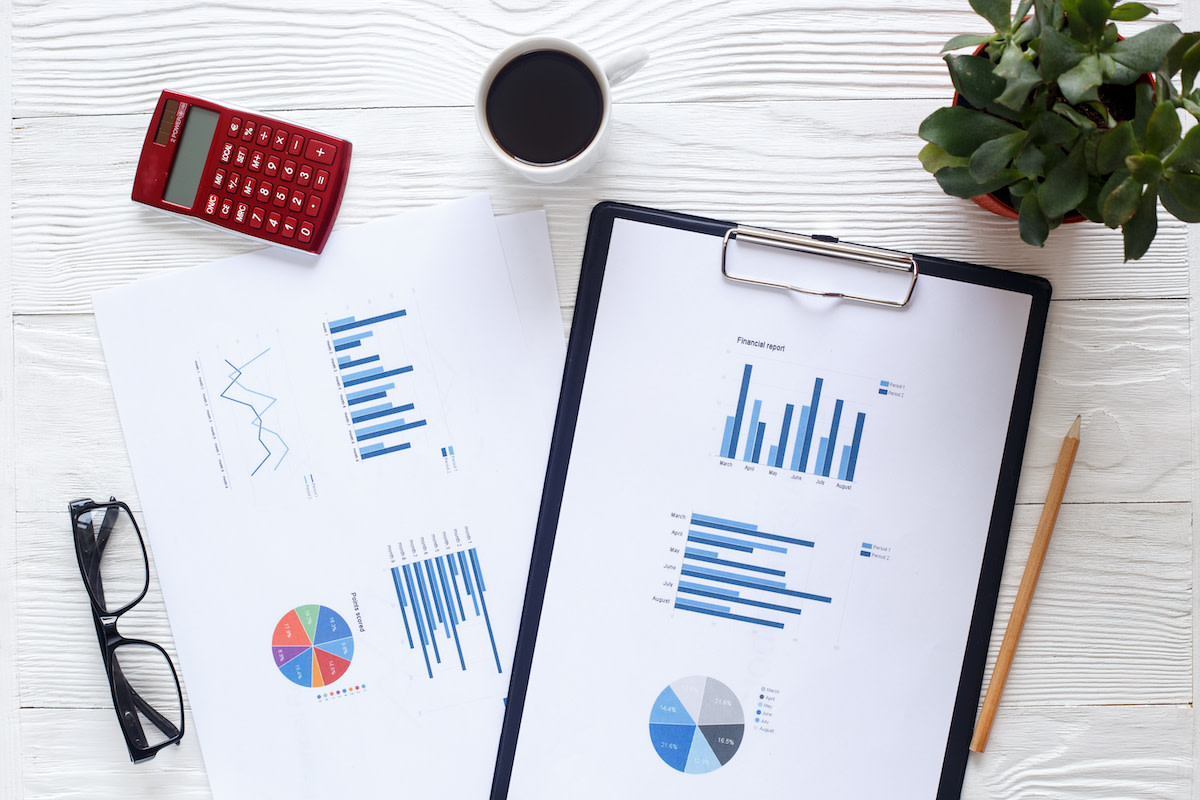What Does an Economist Do? Learn About Economic Career Specialties and 4 Essential Skills Every Economist Needs
Written by MasterClass
Last updated: Oct 12, 2022 • 4 min read
Economics is a huge field that looks at everything from historical economic trends to modern supply and demand. All of the analysis done in the field is done by people called economists.
Learn From the Best
What Is an Economist?
An economist is a person who works in the field of economics—they study the production, consumption, and distribution of resources, goods, and services for a particular society.
Economists work for a wide range of different organizations, including federal governments, local governments, corporations, non-profit organizations, banks, research firms, think tanks, or universities. Common economist jobs in the United States are for the U.S. Department of Labor, or the department’s Bureau of Labor Statistics.
What Do Economists Do?
Economists’ job descriptions vary widely depending on who they work for and what kind of specialized field they work in. In general, economists can expect to do any number of the following:
- Conduct research, create surveys and collect data of any element of economic sciences
- Analyze economic issues (such as unemployment or excessive inflation) and historical trends using mathematical models and statistical analysis
- Prepare reports and presentations to show economic research results
- Forecast market trends and future economic situations
- Recommend (or design) policies to alleviate economic problems
- Write articles for publication in academic economic journals (such as The Economist)
- Advise governments or businesses on economic trends
- Teach individuals about economic topics
9 Different Economic Career Specialties
Economists usually specialize in a particular economic field, in order to focus their research and expertise. There are a variety of fields that economists work in—here are a few of the most common:
- 1. Econometrics. Econometrics is a combination of mathematics and economics used to test economic relationships and explain economic theories or trends. Econometricians develop models using calculus, game theory, and regression analysis.
- 2. Finance. Financial economists study markets and financial institutions by analyzing risk, investments, and savings.
- 3. Industrial organizations. Economists who study industrial organizations look at how different companies within the same industry function and compete. They often focus on antitrust laws—laws designed to promote fair competition—and how these laws affect markets.
- 4. International economics. International economists focus not just on one country, but on many, studying international trade, global financial markets, international organizations, exchange rates, and how globalization affects different economies.
- 5. Labor. Labor economists focus on the supply and demand of workers in particular employment fields. They look at employment levels and wages, and they analyze how labor policies (such as minimum wage laws and unions) affect the workforce.
- 6. Macroeconomics. Macroeconomists examine the economy of an entire country (or, in some cases, the global economy) as a whole. They study things like national economic growth, inflation, deflation, business cycles, economic well-being, and unemployment, as well as how fiscal and monetary policies affect the money supply and interest rates of the national economy.
- 7. Microeconomics. Microeconomists focus on smaller influences of economies, or the decisions made by individuals and firms and how that decision-making affects supply and demand. For instance, microeconomists can study how the cost of products affects demand.
- 8. Public finance. Economists in the public finance field study the government’s role in the economy. They analyze the economic impact of laws and effects of public policy like tax cuts and welfare programs and look at how budget deficits influence the economy.
- 9. Economic history. Economic historians analyze historical situations and institutions—things like labor and business—using economic theory and statistics. They compile this data to track trends for specific regions or to aid policymakers interested in historical precedent.
4 Essential Skills Every Economist Needs
The work environment of a full-time economist can be demanding. To become an economist, you’ll need:
- 1. An economics degree. While a bachelor’s degree in economics can be enough for some entry-level government jobs or local economic-development jobs, you’ll need an advanced degree for higher-level economist positions: at least a master’s degree for most research or advanced economic analysis work, and a PhD if you want to work for the Federal Reserve or teach as a full professor at the university level.
- 2. Relevant coursework. What kinds of courses you take during your studies can give you a major advantage for certain economic fields. For instance, if you’re interested in econometrics, then courses in data analysis, market research, mathematical modeling, or statistics will give you the foundation you need. If you’re interested in microeconomics or public finance, then courses in social sciences and human behavior would be beneficial.
- 3. Strong analytical skills. Economists need to have sharp critical-thinking skills in order to study economic trends and theorize causes and effects.
- 4. Strong communication skills. Economists in almost every economic field need to be able to present their findings, either verbally or on paper. Anyone looking to work in an economist job needs to have strong presentation skills and be comfortable writing reports. Economists also often work alongside many other people, including statisticians, research analysts, social scientists, and research assistants, so interpersonal skills are a must.
Want to Learn More About Economics?
Learning to think like an economist takes time and practice. For Nobel Prize-winner Paul Krugman, economics is not a set of answers—it’s a way of understanding the world. In Paul Krugman’s MasterClass on economics and society, he talks about the principles that shape political and social issues, including access to health care, the tax debate, globalization, and political polarization.
Want to learn more about economics? The MasterClass Annual Membership provides exclusive video lessons from master economists and strategists, like Paul Krugman.
